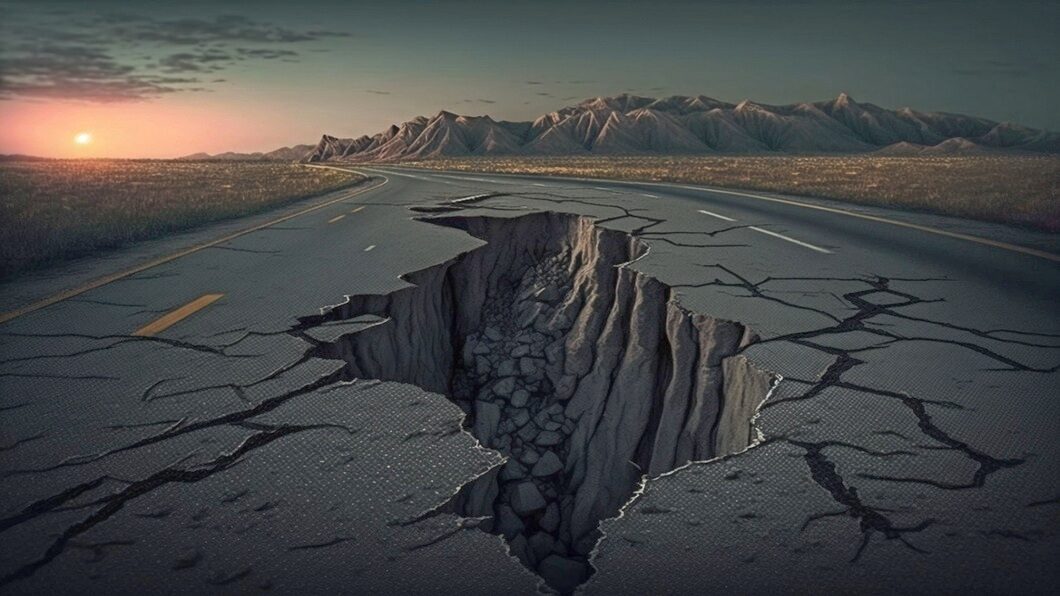Nearly Half of Iran’s Population at Risk of Land Subsidence, Seismologist Warns
A senior Iranian seismologist warned Wednesday that close to 40 million people, almost half of the country’s population, live in zones at risk of land subsidence—the gradual or sudden sinking of the earth’s surface due to the subsurface movement of earth materials.
This holiday season, give to:
Truth and understanding
The Media Line's intrepid correspondents are in Israel, Gaza, Lebanon, Syria and Pakistan providing first-person reporting.
They all said they cover it.
We see it.
We report with just one agenda: the truth.


Ali Beitollahi, a seismologist with Iran’s Road, Housing and Urban Development Research Center, made the remarks at a meeting on the impacts of land subsidence on cultural heritage and historical sites. He said that nearly 10% of the country’s entire area, or 158,000 square kilometers, faces the challenge of land subsidence. Beitollahi stressed that close to 380 cities in Iran are located in such zones, with the central province of Isfahan facing the highest risk of land subsidence in the country.
The depletion of underground water reservoirs due to excessive water extraction from agricultural wells has caused land subsidence in many Iranian plains. Tehran province alone subsides by 13 cm annually, according to Esmaeil Salimi from Tehran Disaster Mitigation and Management Organization. Iranian officials have urged the government to restrict the cultivation of water-intensive crops.

